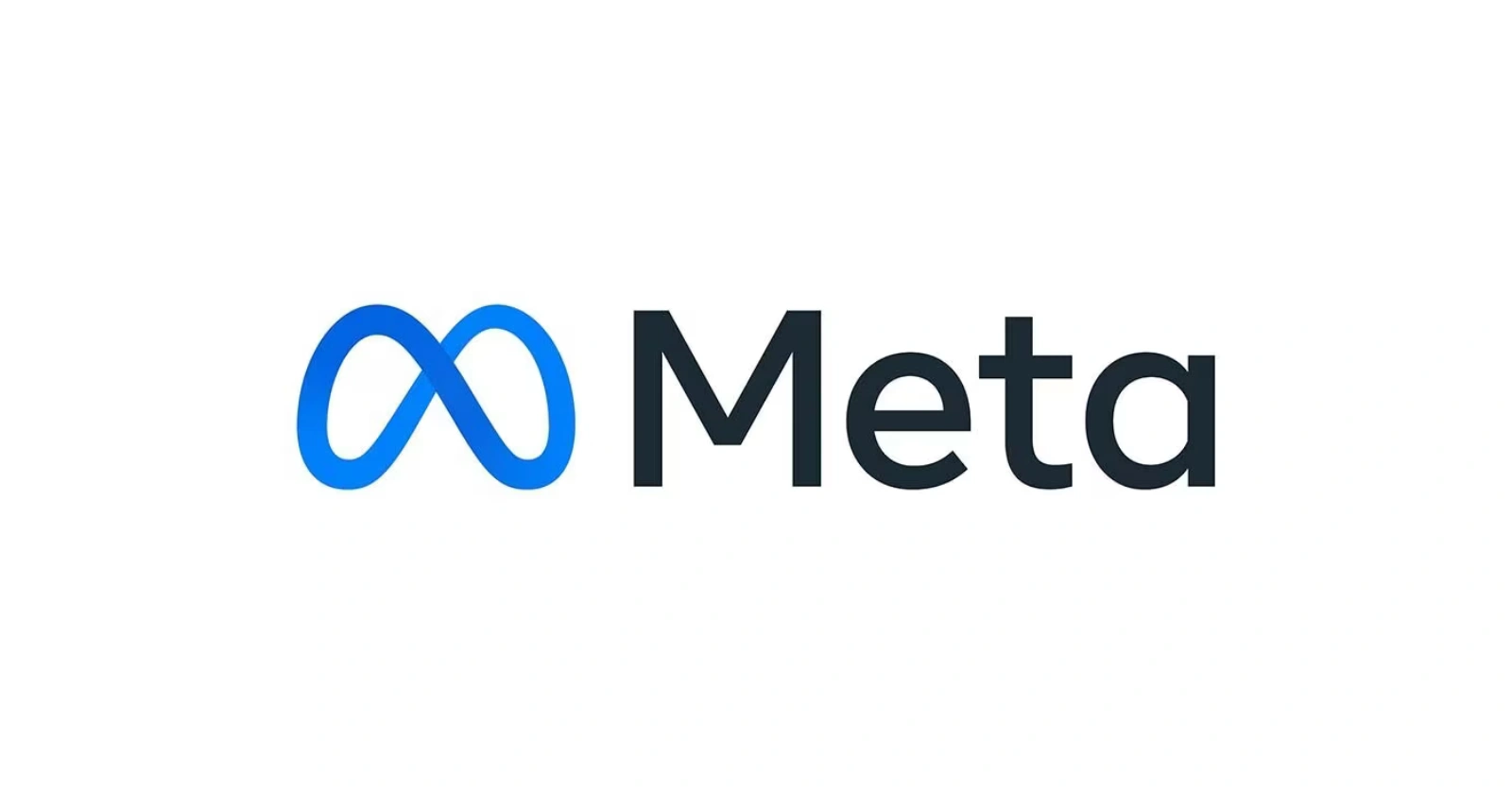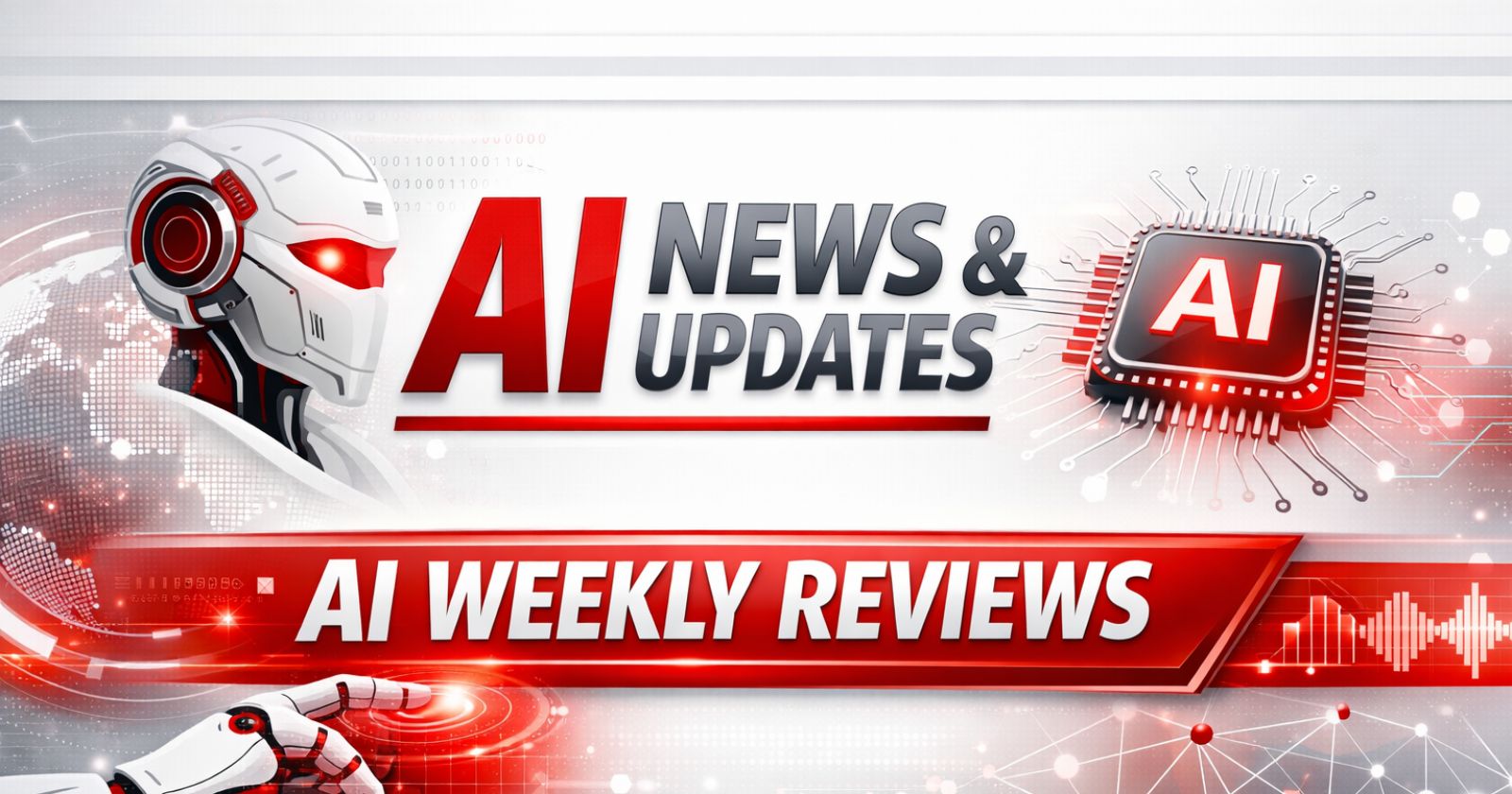Meta, the tech giant formerly known as Facebook, is intensifying its focus on artificial intelligence (AI) to revitalize its struggling metaverse division. In a recent internal directive, Vishal Shah, Meta’s Vice President of Metaverse, urged employees to integrate AI into their workflows to achieve a fivefold increase in productivity.
This ambitious mandate, first reported by 404 Media, signals a significant shift in how Meta aims to develop its virtual reality (VR) and augmented reality (AR) platforms, which have yet to gain widespread traction despite substantial investments.
AI as a Catalyst for Metaverse Innovation
Meta’s metaverse initiative, once heralded as the future of digital interaction, has faced significant challenges. Since rebranding in 2021 to emphasize its VR ambitions, the company has invested nearly $50 billion in its Reality Labs division, according to estimates cited by Gizmodo.
However, user adoption has been lackluster, prompting Meta to pivot toward AI-driven solutions to accelerate development.
Shah’s internal message emphasized a goal to “make AI a habit, not a novelty.” He encouraged not only engineers but also product managers, designers, and cross-functional teams to adopt AI tools for tasks such as prototyping, debugging, and innovating. The directive, titled “Metaverse AI4P: Think 5X, not 5%,” underscores the expectation that AI can eliminate inefficiencies and enable rapid iteration, reducing feedback loops from weeks to hours.
A Bold Timeline for AI Integration
Meta has set a clear target: by the end of 2025, 80% of its metaverse division employees are expected to incorporate AI into their daily routines. To support this transition, the company is rolling out extensive training programs, including two “Metaverse Day of AI Learning” events. Shah emphasized the importance of experimentation, urging employees to “dedicate the time” and “take the training seriously” to rethink how they work.
A Meta spokesperson confirmed the company’s commitment to this strategy, stating to 404 Media, “It’s well-known that this is a priority, and we’re focused on using AI to help employees with their day-to-day work.” This aligns with CEO Mark Zuckerberg’s vision, who has repeatedly predicted that AI agents will write most of Meta’s code within the next 12 to 18 months, as noted in investor calls earlier this year.
Industry-Wide AI Push and Its Implications
Meta’s aggressive AI adoption mirrors a broader trend across the tech industry. Amazon CEO Andy Jassy, in a July statement, projected that AI would transform operations and reduce the company’s workforce over the next few years. This sentiment is echoed at Meta, where the push for AI-driven efficiency raises questions about job security and the role of human expertise.
The directive to “go 5X faster” has sparked concerns among software engineers about the quality of AI-generated code. Recent viral blog posts, such as “Comprehension Debt: The Ticking Time Bomb of LLM-Generated Code,” highlight a growing issue: AI coding agents often produce code with bugs or errors that are difficult to trace because humans may not fully understand the logic behind it. Engineers worry they are becoming “babysitters” tasked with fixing what some call “vibe-coded messes,” referring to code generated without clear rationale.
Potential Benefits and Risks
The integration of AI into Meta’s workflows offers several potential advantages but also significant challenges. Below is a summary of the key considerations:
- Benefits of AI Integration:
- Speed: AI can automate repetitive tasks, enabling faster prototyping and iteration.
- Accessibility: Non-engineers, such as designers, can use AI tools to contribute to development, broadening team capabilities.
- Innovation: Rapid feedback loops could lead to more creative solutions and faster product refinement.
- Risks and Concerns:
- Code Quality: AI-generated code may introduce errors or technical debt, complicating maintenance.
- Job Displacement: Increased reliance on AI could reduce the need for certain roles, as seen in Amazon’s projections.
- Skill Degradation: Over-reliance on AI tools might erode traditional coding skills, as cautioned in blogs like “Vibe Coding is Creating Braindead Coders.”
Zuckerberg’s Vision: AI as the Future of Meta
Mark Zuckerberg has been vocal about AI’s transformative potential. In an April investor call, he stated that AI agents would play a “substantial part” in Meta’s research and development by mid-2026. This vision extends beyond the metaverse, as Meta is investing heavily in AI infrastructure, including new data centers in Ohio and Louisiana, and recruiting talent from competitors like OpenAI, according to Gizmodo.
The company has also relaxed its hiring practices, allowing job candidates to use AI tools during coding tests. This move reflects Meta’s confidence in AI’s ability to enhance productivity, but it also underscores the pressure on employees to adapt quickly or risk being outpaced.
Can AI Revive the Metaverse?
Meta’s metaverse, once envisioned as a revolutionary platform rivaling the importance of smartphones, has struggled to capture public interest. The substantial financial losses in Reality Labs have drawn scrutiny, prompting Zuckerberg to shift focus toward AI as a potential lifeline. By leveraging AI to streamline development, Meta hopes to create more engaging and accessible metaverse experiences.
However, the success of this strategy remains uncertain. While AI could accelerate prototyping and reduce costs, the quality of the resulting products will depend on Meta’s ability to address the technical challenges of AI-generated code. Moreover, user adoption remains a hurdle, as the metaverse has yet to resonate with a broad audience.
A New Era of Work at Meta
Meta’s push to integrate AI across its metaverse division reflects a broader transformation in how tech giants approach innovation. By setting ambitious productivity goals and investing in employee training, Meta aims to position itself at the forefront of AI-driven development. Yet, the concerns raised by engineers about code quality and job security highlight the complexities of this transition.
As Meta navigates these challenges, the tech industry will be watching closely. The outcome of this experiment could shape not only the future of the metaverse but also the role of AI in redefining work across the sector. For now, Meta’s employees are tasked with embracing AI to achieve unprecedented efficiency, a goal that could redefine their workflows—or their jobs—entirely.



